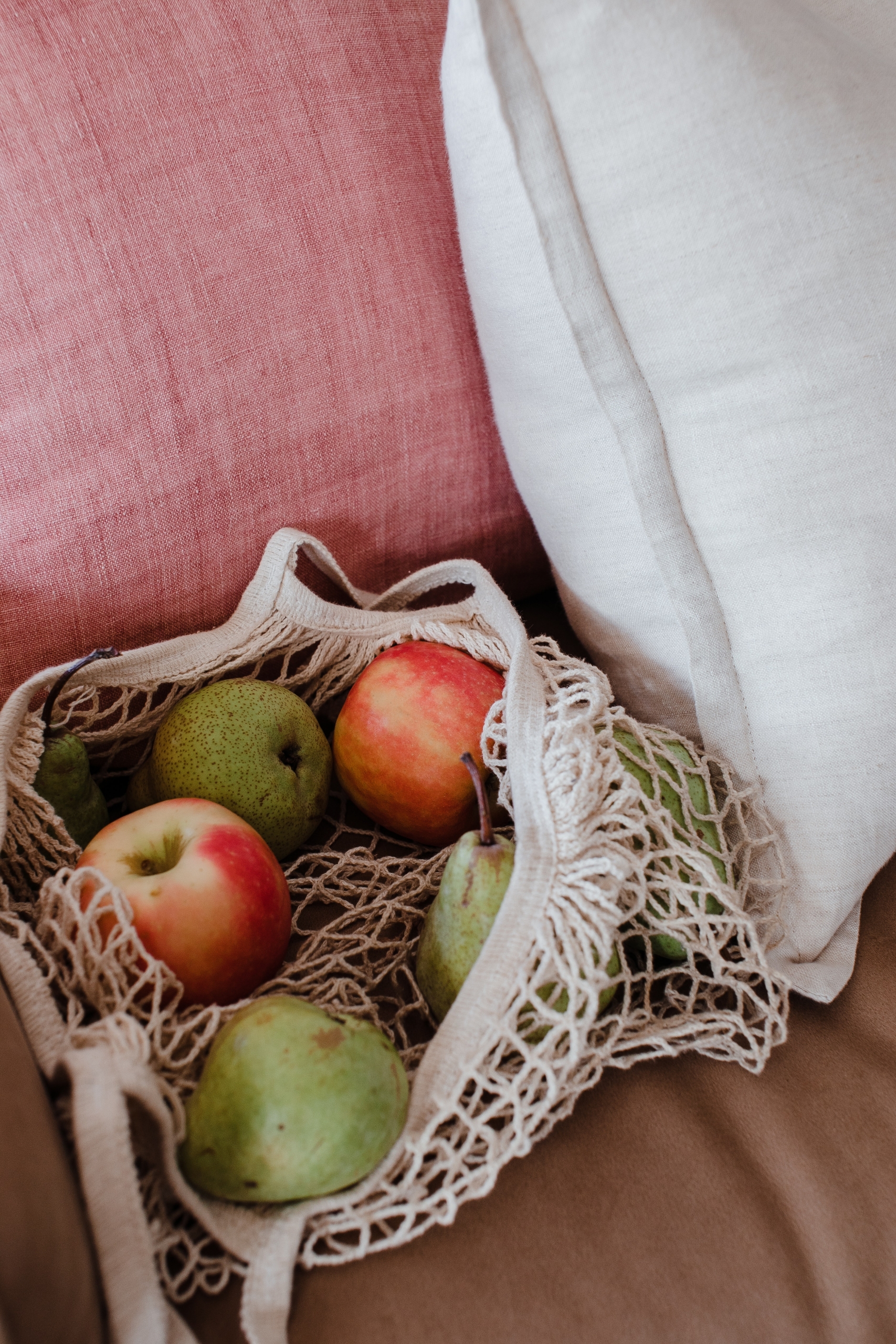
Zero waste has been making its way into our homes for some time now. We suggest how to introduce this ecological practice into your life.
The ecological awareness of people in the world is growing every day. More and more people are trying to apply principles that help protect our planet. The hardest part, of course, is getting started. With our tips, however, it should not be a problem! Changing certain habits is not at all burdensome and can bring many benefits, including financial ones.
One of the basic principles of the zero waste movement is refusing unnecessary waste. In everyday life, this can manifest itself, for example, in not using disposable plastic bags in stores when shopping. Instead, you can take a cotton bag with you to the supermarket. It can also mean not taking any promotional catalogs or flyers, the content of which can usually be viewed on the Internet
Another rule to follow is to limit the amount of products you consume. It consists in buying only those things which are necessary for us. The fewer items at home, the less likely we are to throw them away. An equally important part of the zero waste movement is to recycle and give materials a second life. Many things that we don’t use deserve a second life!
Plastic bottles and plastic bags are things that can be successfully exchanged in the kitchen for their greener counterparts. Instead of buying bottled water, start drinking it from the tap, using an appropriate filter. The ubiquitous plastic can be replaced in the kitchen by bamboo or glass food containers. Of course, if you already use plastic boxes, it is much better to keep them than to throw them away and buy new ones
Paper towels should be replaced with cotton ones, which you only need to wash regularly. The zero waste trend in the kitchen also means remembering to properly segregate waste, as it is in this room that we produce the most waste.
However this should not stop you from trying to significantly reduce the amount of food you buy that comes in plastic packaging. Sensible planning of shopping and individual meals can help with this. This will also help us avoid throwing away food that we are unable to eat.
There are a lot of things in a bathroom: cosmetics, detergents, hygiene products – of course most of them are in disposable packaging, which needs to be thrown away after use. There are a few simple tricks to minimize the waste you create in the bathroom
Start by replacing disposable items with reusable ones. For women, consider a menstrual cup instead of pads or tampons, for example. Also, instead of buying disposable cotton balls, you can opt for reusable ones. Ear sticks can be bamboo and fully recyclable.
Simple detergents can be prepared yourself. Baking soda, citric acid, vinegar and water can be used instead of chemical-laden cleaning fluid. You can also get eco-friendly bathroom cleaning liquids and lotions in stores, which can be refilled many times.
Main photo: Rachel Claire/pexels.com